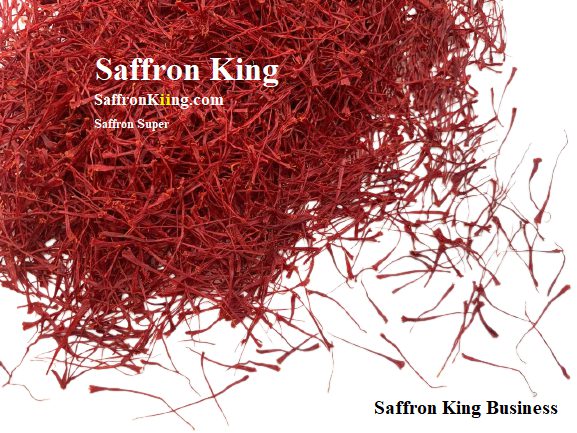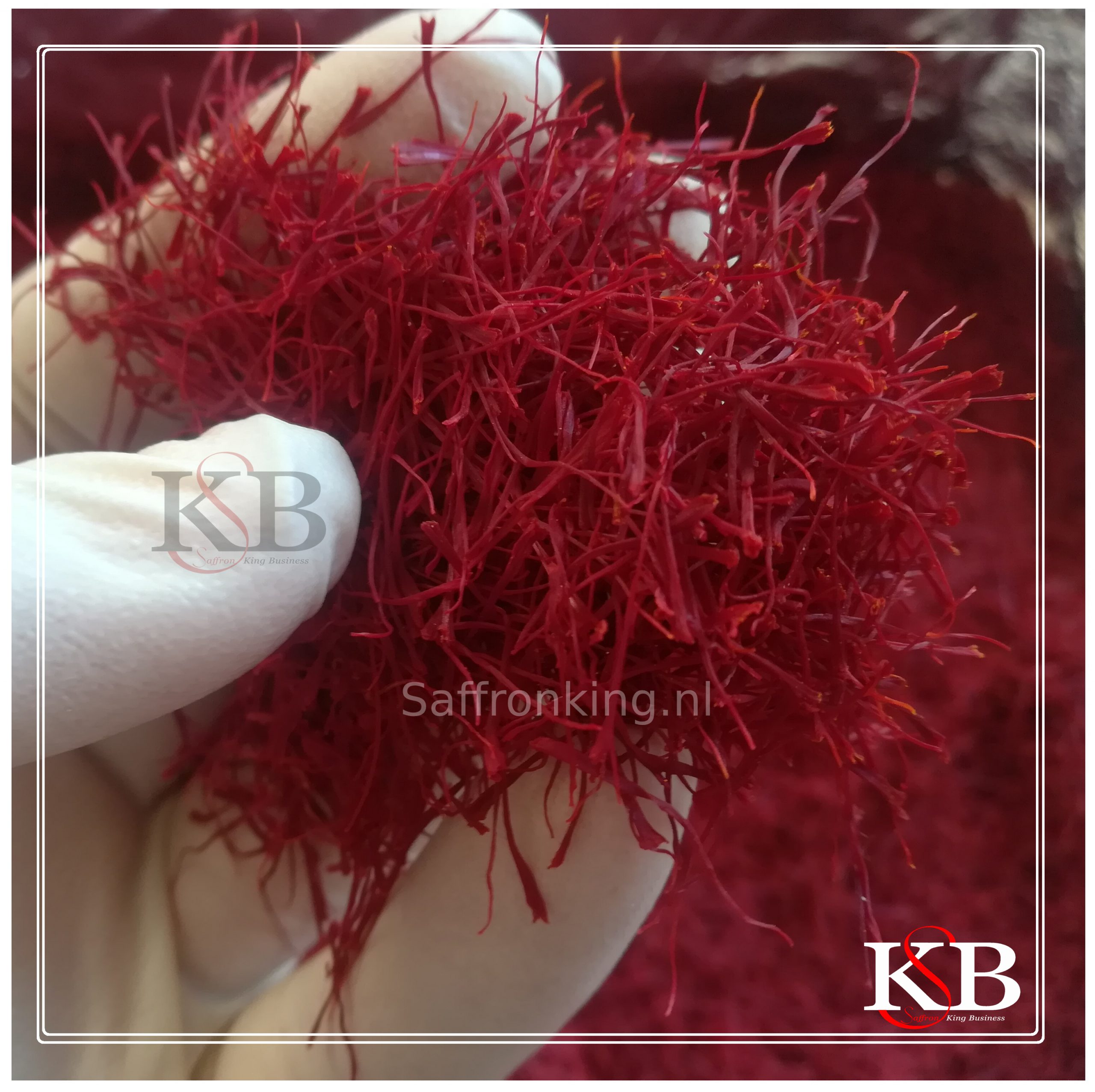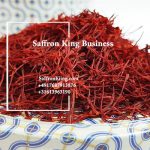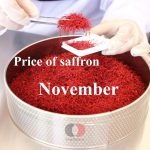You have to watch out that Saffron is the real one
what you will read in this article...
Other possible beneficial effectsMay lower blood sugar levelsRisks, Precautions and Dose of SaffronA few important points about saffronSaffron is readily available in most shops and toko’s in the Netherlands,
in the form of the threads themselves or as a powder,
but you have to be careful that it is the real one because there is a lot of counterfeit in between or mixtures with other spices.
The threads are less easy to fraud and you can vary better with them,
so it is best to buy them.
Although saffron is the most expensive spice in the world,
it takes a very long time with just a little bit and you often don’t need more than a pinch or two in your recipe.
In fact, too much saffron can create an overpowering medicinal flavor.
Furthermore, saffron is also available in the form of a supplement.
Saffron has a subtle taste and aroma, and it goes well in many recipes, especially savory dishes.
It must first be soaked in hot water for a fuller taste.

Other possible beneficial effects
Saffron is also associated with other health benefits that have not been extensively studied:
May lower risk factors for heart disease:
Animal and laboratory studies indicate that the antioxidant properties of saffron can lower blood cholesterol and prevent blood clots in the veins and blood vessels

May lower blood sugar levels
Saffron can lower blood sugar levels and increase insulin sensitivity – as shown in in vitro studies and studies in mice with diabetes.
Can improve vision in adults with age-related macular degeneration (AMD):
Saffron appears to improve vision in the elderly with AMD and protect against free radical damage,
which has been linked to AMD.
May Improve Memory In Elderly With Alzheimer’s Disease:
The antioxidant properties of saffron can improve cognition in the elderly with Alzheimer’s.
Links have been found between saffron and a number of other potential health benefits,
such as reduced risk of heart disease, improved blood sugar, vision and memory.
However, more research is needed to draw clear conclusions

Risks, Precautions and Dose of Saffron
Saffron is generally safe and has little to no side effects.
A standard amount in cooking does not appear to have any adverse effects in humans.
It only takes 30mg of saffron per day to get health benefits from it.
On the other hand, a high dose of 5 grams or more can have toxic effects.
Pregnant women should avoid a high dose as it can cause miscarriage.
As with other supplements, it is recommended that you consult your doctor before taking saffron as a supplement.
Another problem with saffron – especially in powder form – is that it can be easily mixed with other ingredients, such as beet, red silk fiber, turmeric and paprika.
These types of counterfeits greatly reduce costs for the manufacturer, as real saffron is so expensive to harvest.
It is therefore important to buy saffron from a good brand so that you get the real product.
If the saffron seems too cheap, avoid it.
In normal dosages, saffron is usually safe and has little or no side effects.
Make sure you buy it from a good brand or from a good retailer so you don’t buy a fake.

A few important points about saffron
Saffron is a powerful spice with many antioxidants.
It has been linked to health benefits such as an improvement in mood, libido and sexual function.
In addition, there are links with decreases in PMS symptoms and increased weight loss.
And above all, it is generally safe for most people and easy to use.
Try adding it to your favorite meals and enjoy its potential health benefits, or buy a supplement.












